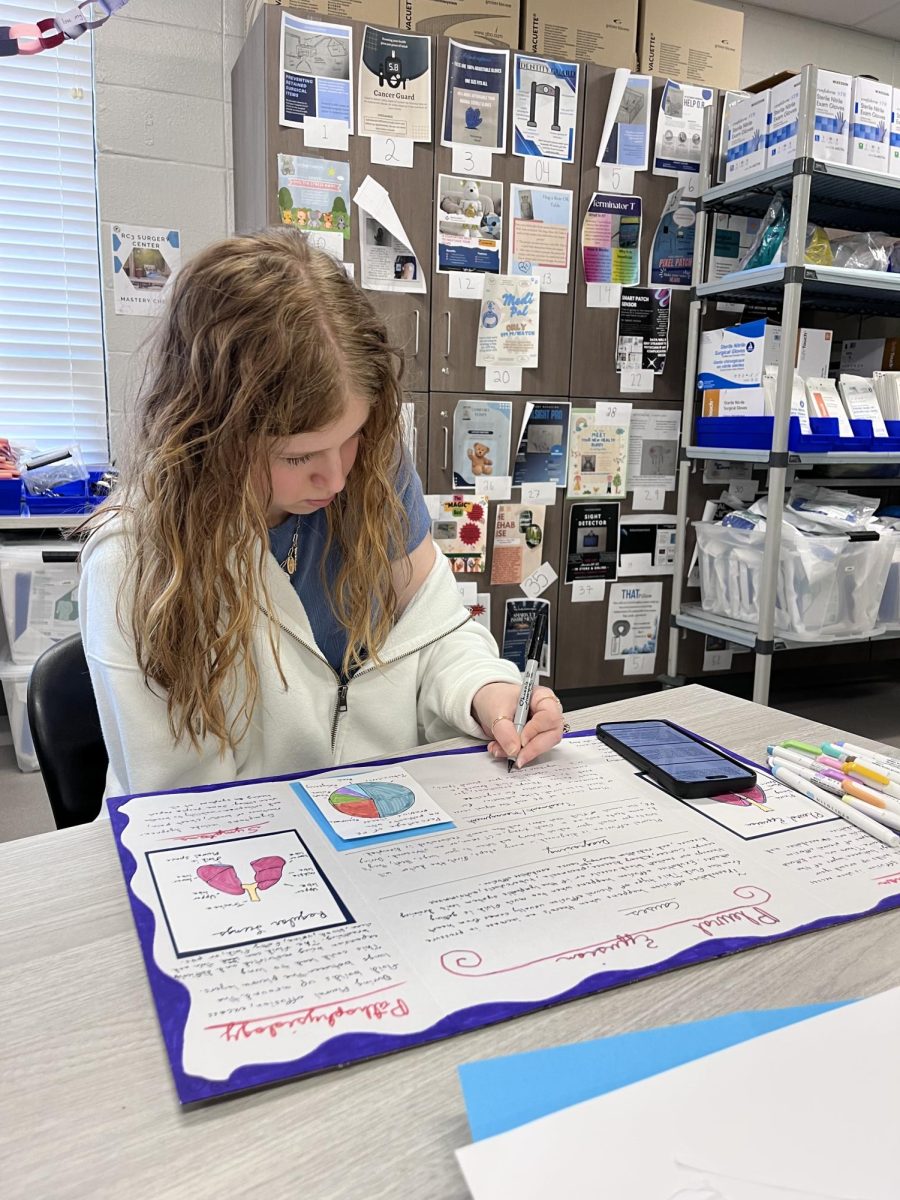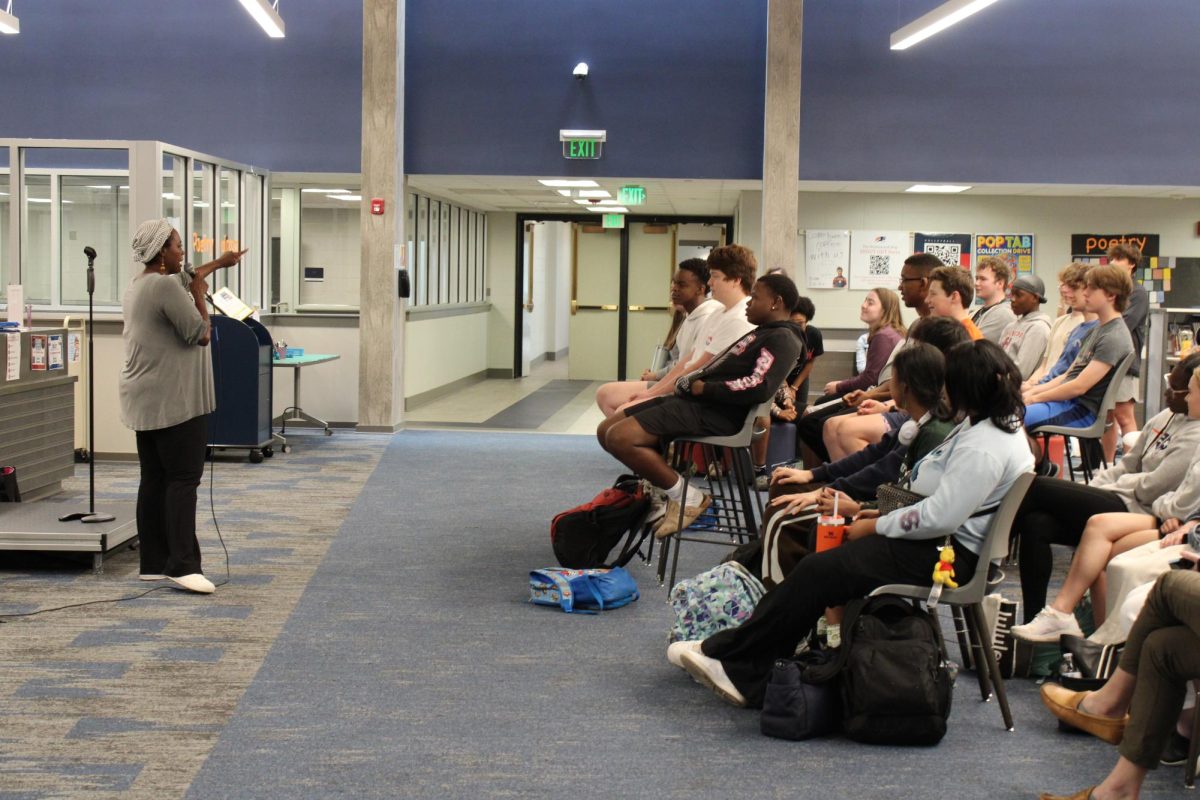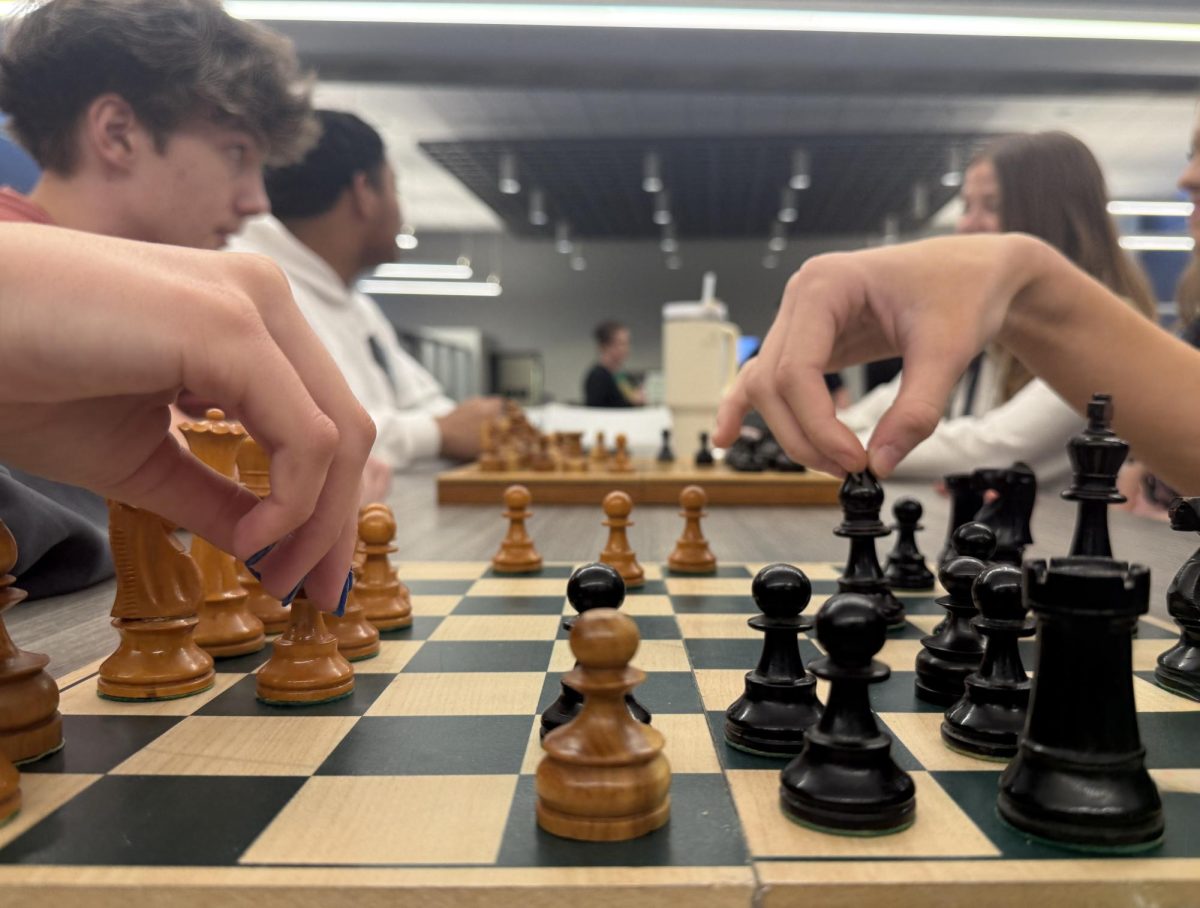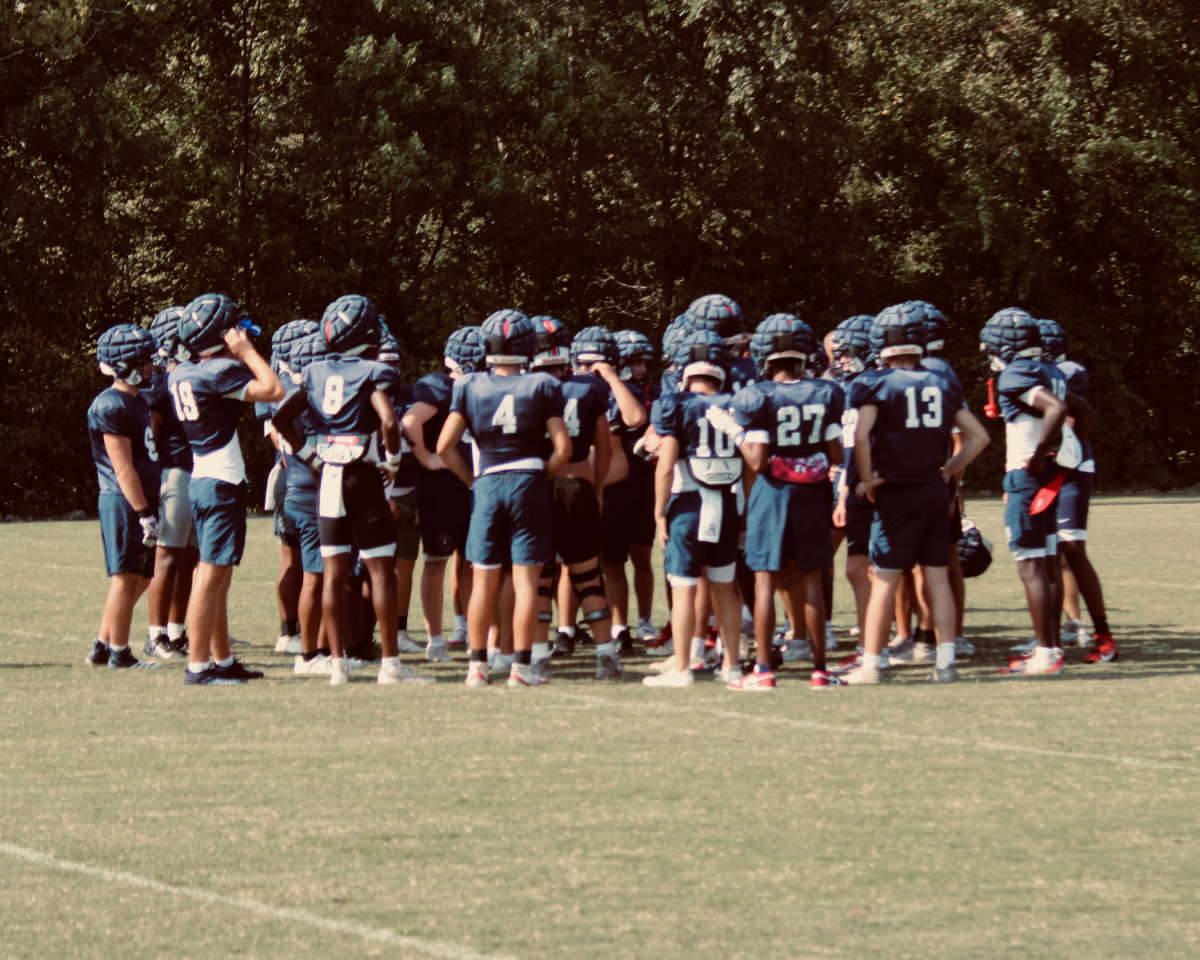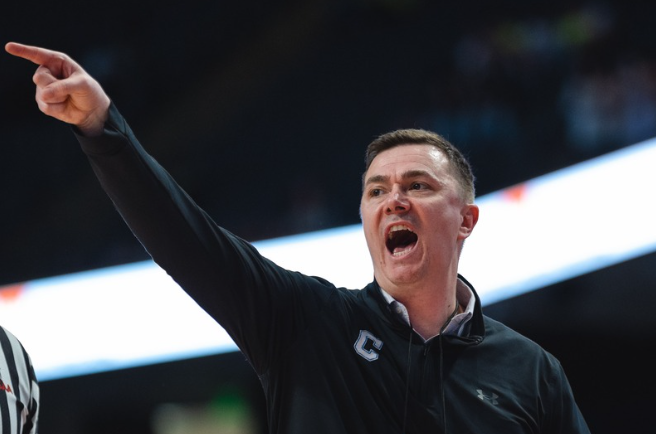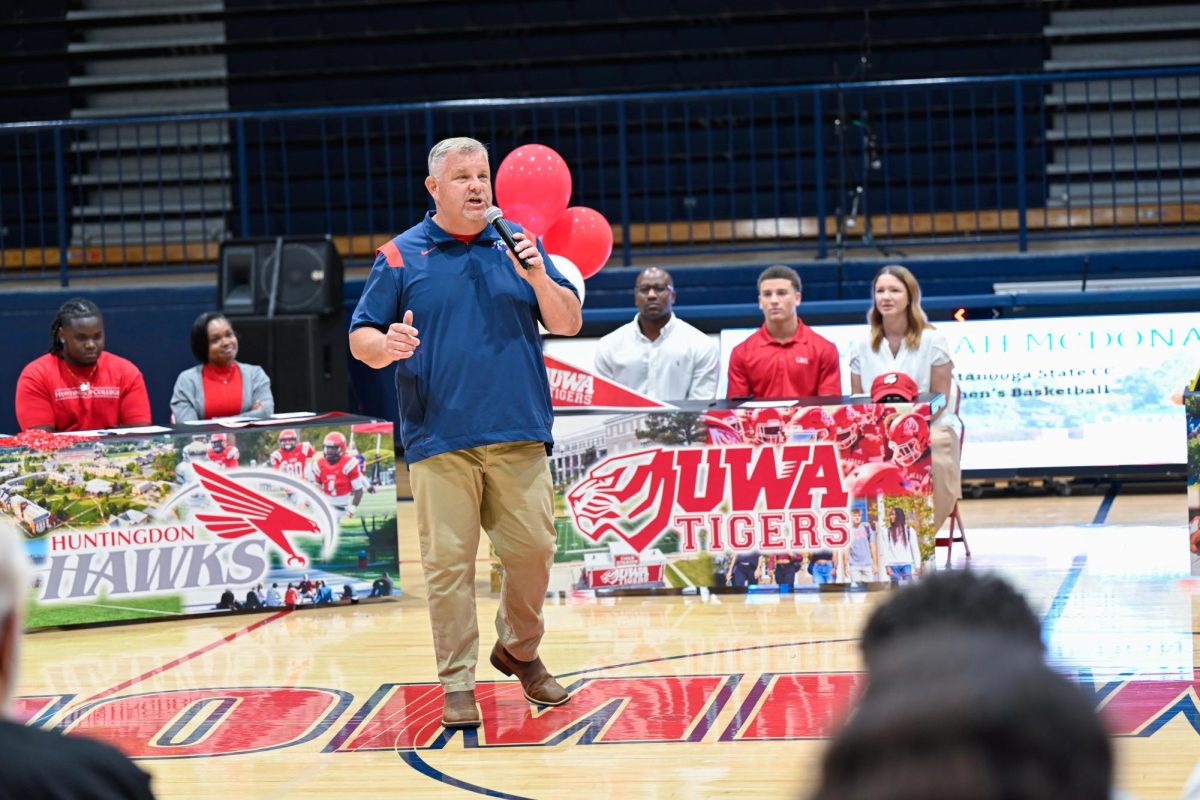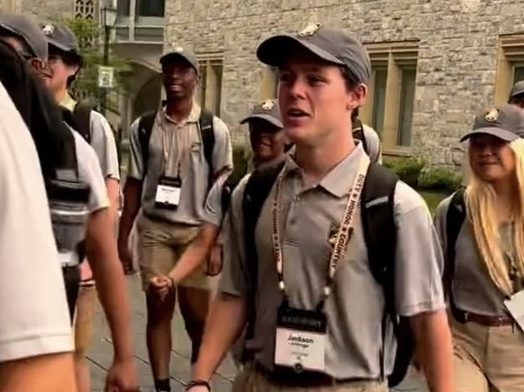The United States Military Academies are among the hardest universities in the country to be granted admission. Jackson Kittinger, a senior at HHS, has accomplished this feat and is headed to West Point this summer.
Jackson began expressing curiosity in the Military Academies when he was in 6th grade after a military-based space program. His mom, Anna Kittinger, noticed this was what had piqued his interest.
“He attended the aviation challenge, which was one of the space camp programs,” she said. “He really enjoyed it and started thinking he might want to attend an academy after that.”
Jackson said he had settled on his decision to apply for the Military Academies about a year and a half ago after having a friend who was attending the Air Force Academy.
This past summer, he went to stay at West Point for a week and attended a summer camp.
“It helped me solidify [West Point] as one of my top choices,” he said. “We went to some classes and listened to a professor teach, we did some basic military training and learned some basic first aid.”
Like any other Military Academy applicant, Jackson underwent a long and grueling admissions process.
“You have your basic part of the application process like your resume,” Jackson said. “But you also have to get a congressional nomination and get medically qualified.”
Jackson first started out the process by getting numerous teacher recommendations. He then started to apply for and interview with senators and members of Congress.
One of his interviews was for Senator Katie Britt.
“We drove down to Montgomery and met with a panel of people,” he said. “One was a representative from her, there were a few people from different Military Acedemies and some lawyers.”
Kittinger received his nomination from Congresswoman Terri Sewell who represents Alabama’s 7th Congressional District.
Once that part of the application was completed, he turned his focus to the medical portion of the application.
Jackson had to get eye screenings and physical exams completed for this part of the application. Because of some of his previous encounters with concussions, it raised some red flags in the process, and he had to undergo a separate examination to prove he had not been affected by it.
One’s first year at a Military Academy is called their Plebe year, which means the lowest ranking class of the University. However, the challenges they face, starting this summer, are far from different from other challenges faced by upperclassmen.
“I arrive on July 1 to start basic training which they call Beast,” he said. “After that, it’s pretty similar to a normal college year. West Point isn’t as strict with what Plebes have to do.”
Jackson thinks the hardest adjustment for him will be learning to balance all the physical requirements on top of the school work.
At West Point, you are required to participate in a school sport whether through D1 athletics or club and intramural sports.
“I’ll decide when I get there what I want to do,” he said. “I’m thinking about trying to play soccer, but I also have recently gotten into ultimate frisbee which I could play on a club team.”
Anna’s biggest wish for Jackson is that he will become the best version of himself that he can be.
“I hope this process pushes him and challenges him to become the best version of him that he can be, and that he will be able to achieve his goals,” she said.


